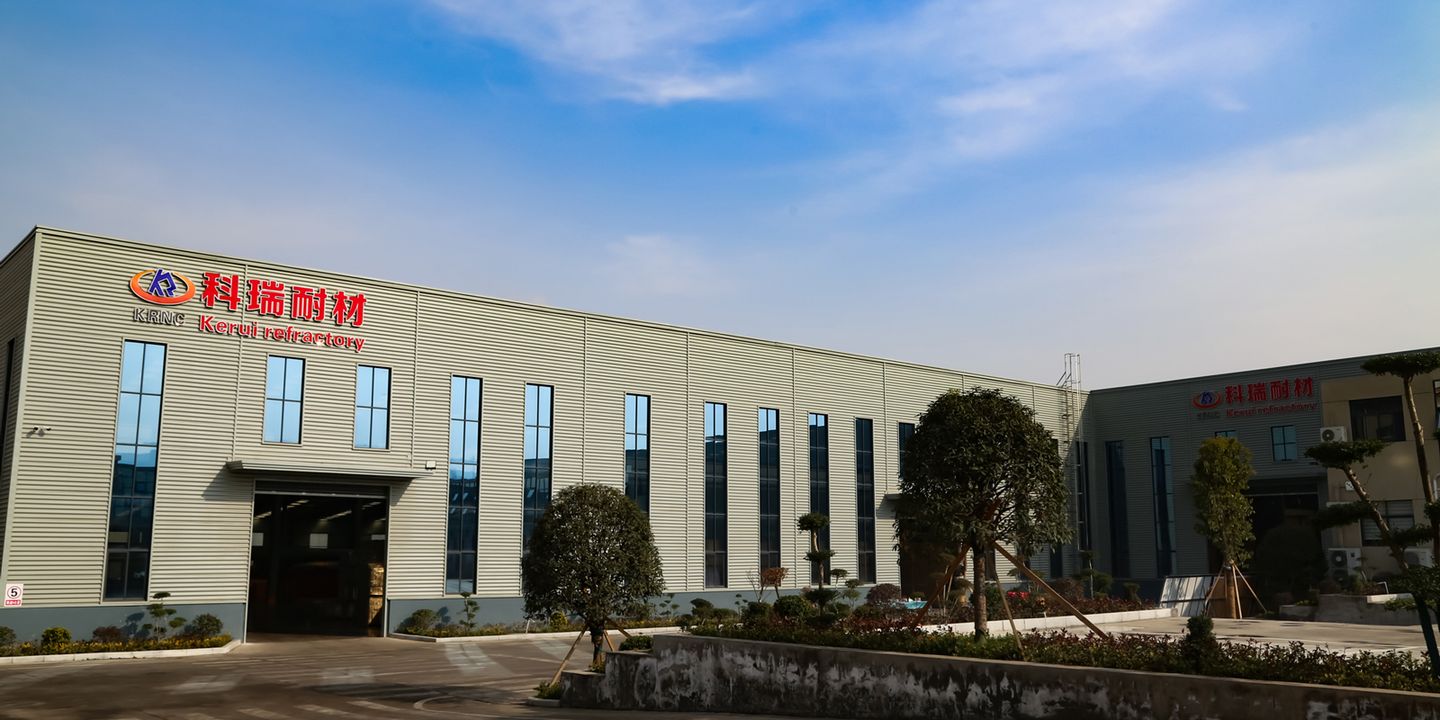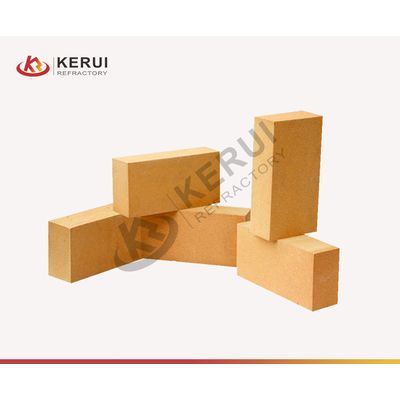

- Home
- Companies
- Zhengzhou Kerui (Group) Refractory Co., ...
- Articles
- Cost Considerations of Insulation ...

Cost Considerations of Insulation Bricks
Insulation bricks play an important role in various industries and applications by providing excellent thermal insulation properties. They are critical components in furnaces, kilns and other high temperature environments where temperature stability is critical. If you are considering purchasing insulation bricks, it is essential to understand the factors that affect their price. This article delves into the key considerations that affect the price of insulation bricks and provides insights for making cost-effective choices.
1. Raw Materials
The type and quality of raw materials used to manufacture refractory insulation bricks greatly affect the price of insulating bricks. Insulating bricks are usually made using lightweight aggregates such as expanded clay, perlite and vermiculite mixed with refractory materials such as alumina, silica and magnesia. Using higher quality raw materials provides more effective insulation, but also increases overall production costs, which affects the price of the brick.
2. Thermal Performance
Insulating bricks are designed to provide excellent insulation, helping you save energy and maintain optimum operating temperatures. Bricks with good thermal insulation performance usually have better thermal insulation performance and can withstand higher temperatures. However, these enhanced features may come at a higher cost. Balancing thermal efficiency and budget is important.
3. Density and Composition
The density and composition of useful mullite insulation bricks are closely related to their insulation performance. Low density bricks tend to insulate better due to the presence of more air pockets. However, these bricks are fragile and require careful handling during installation, which adds to labor costs. Dense bricks, on the other hand, are more durable but may be slightly less effective at insulating.
4. Manufacturing Process
The manufacturing process plays an important role in determining the final price of insulation bricks. Bricks that undergo advanced manufacturing techniques such as high-temperature firing and controlled sintering processes can have improved properties, but can also be more expensive. Labor-intensive processes and specialized equipment also lead to higher production costs.
5. Size and Shape
The size and shape of the insulation brick can affect the price. Custom shapes and sizes may require additional cutting and shaping during manufacturing, adding to the cost. Mass-produced, standard ifb bricks are usually more economical. Consider the specific requirements of the project and balance potential cost implications.
6. Supplier and Brand Reputation
Supplier and brand reputation can affect the price of insulation bricks. Long-established brands with a history of offering quality products tend to set higher prices. However, choosing a lesser-known but reputable supplier may offer a cost-effective alternative without compromising quality.
7. Order Quantity
As with many products, bulk discounts on Kerui Refractory are often available when buying insulation brick in bulk. If you have a large project that requires a large number of bricks, consider buying in bulk to save on total unit cost.
When considering insulating bricks for industrial or commercial use, it is important to consider the various factors that affect price. Everything from raw materials and thermal performance to manufacturing processes and supplier reputation can affect the final cost. Striking the right balance between quality and budget is key to making a cost-effective choice. By understanding these considerations, you can confidently select insulation bricks that meet your requirements while optimizing your investment.





